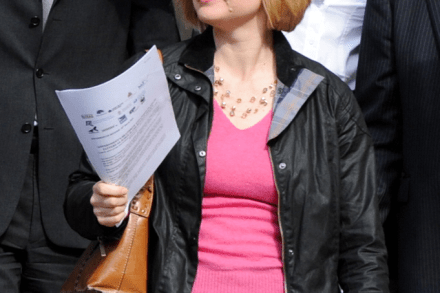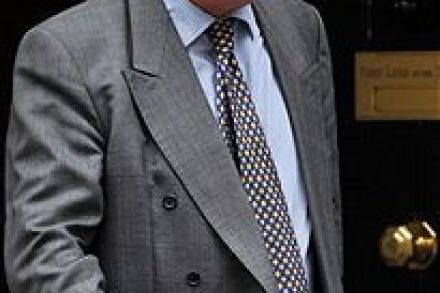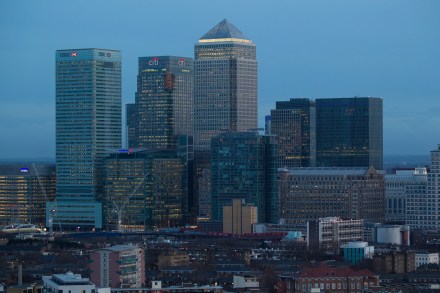The Ritz in the Blitz
‘It was like a drug, a disease,’ said the legendary Ritz employee Victor Legg of the institution he served for half a century. There’s something magical about London’s grand hotels. Even those of us who usually experience them only when we nip in for a five-star pee know that. Matthew Sweet has tapped this glamour to tell tales of the human dramas the hotels hosted during the second world war. It’s surely the variety of people gathered together in one place that explains the fascination held by the Ritz, the Savoy, Claridge’s et al. The good, the bad and the clinically barking all share the same address for a night,














